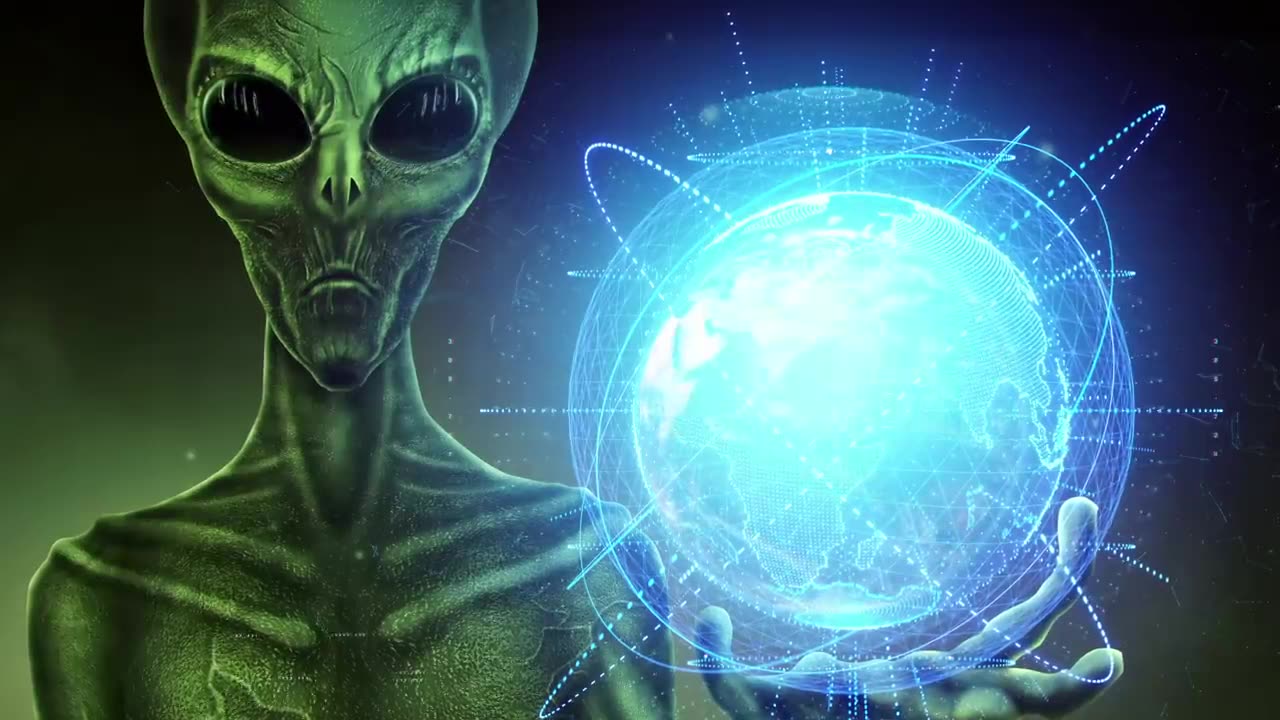Premium Only Content

The Fermi Paradox With Neil deGrasse Tyson - Part 2 - Where Is Everybody?
American astrophysicist, planetary scientist, author, and science communicator Neil deGrasse Tyson explains the Fermi Paradox. Which basically is the combination of two facts: The stupendous large number of stars in our Galaxy alone and the lack of evidence to infer the existence of extraterrestrial life.
Neil deGrasse Tyson also explains goldilock zones and if their importance are overrated. Frank Drake in 1961 in an attempt to find a systematic means to evaluate the numerous probabilities involved in the existence of alien life formulated the now famous drake equation. Obviously the drake equation is thought of as an approximation rather than a serious attempt to determine a precise number.
But at the very least it provides scientific dialogue in an attempt to answer one of the greatest questions in human existence. Are we alone in the Universe.
Neil deGrasse Tyson thinks its very unlikely we are alone in the Universe but also points out that we need clear cut evidence before we can make the assertion that life on Earth is not unique.
As we've mentioned before in our videos, one possible answer for why we haven't seen evidence of intelligent alien life in the galaxy in the context of the Fermi paradox is the great filter hypothesis. Anything that prevents non-living matter from undergoing abiogenesis to then becoming a space-dwelling civilization as measured by the Kardashev scale, can be in principle a great filter.
The lack of evidence for INTELLIGENT extraterrestrial life, does not rule out the possibility of extraterrestrial microbial life or any kind of primitive alien life form for that matter, from being ubiquitous. This way, we can have our cake and eat it too.
Even though we don't see any evidence for aliens, they still might be out there. Only not the smart kind we always think of when imagining other life forms in the galaxy. If this is truly the case then it would mean that it is fairly easy for non living matter to undergo abiogenesis but then life encounters a great filter in the intelligence phase.
Obviously, we define ourselves as intelligent. But would an alien species billions of years ahead of us think the same?
-
 2:23:21
2:23:21
SOLTEKGG
4 hours ago $2.80 earned🟢 First Day on RUMBLE!
30.2K3 -
 LIVE
LIVE
Vigilant News Network
7 hours agoCOVID-Vaccinated Hit With Grave New Reality | Media Blackout
2,100 watching -
 1:26:31
1:26:31
Josh Pate's College Football Show
7 hours ago $2.20 earnedSEC Disaster Saturday | Major CFP Earthquake Coming | Officiating Is A Disaster | New Studio Debut
21.4K1 -
 1:43:05
1:43:05
Adam Does Movies
10 hours ago $3.93 earnedGladiator II Spoiler Conversation With Hack The Movies
24K1 -
 24:10
24:10
Bwian
11 hours agoI Don't Know What I'm Doing in Fortnite, But I Still Won...
18.9K1 -
 19:30
19:30
DeVory Darkins
12 hours ago $40.75 earnedJoe Rogan MOCKS The View as Bill Maher HUMILIATES Woke Scientist
94K125 -
 11:25:41
11:25:41
Scottish Viking Gaming
14 hours agoSUNDAY FUNDAY | Jump into my Sons of the Forest Game | DOO EET NOWWA!
92.7K1 -
 24:01
24:01
Winston Marshall
4 days agoThe TRUTH About The UK Farmer Protest What No One Is Talking About...
84.3K251 -
 3:21:56
3:21:56
Tate Speech by Andrew Tate
18 hours agoEMERGENCY MEETING EPISODE 93 - ME TOO!
297K197 -
 3:21:42
3:21:42
FRENCHY4185
14 hours agoPRESTIGE AND CAMO GRIND : BLACK OPS 6
84.1K2